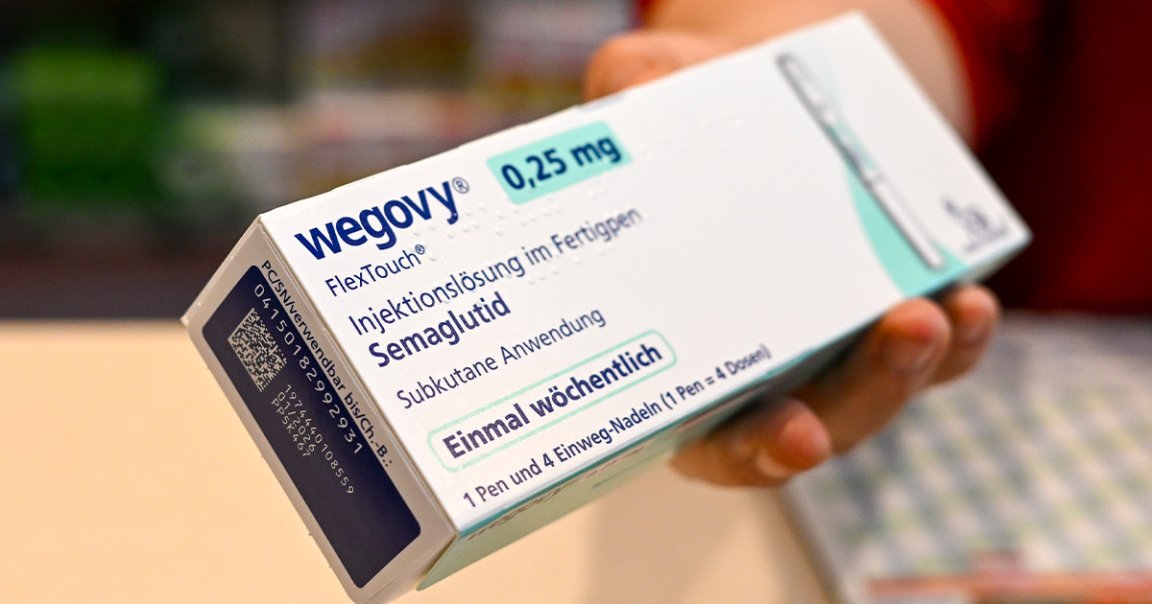
In a new analysis, drugmaker Novo Nordisk has found that patients taking its obesity injectable Wegovy were a third less likely to die from COVID-19 than their counterparts who’d taken a placebo.
As the New York Times reports, Novo had already been conducting large-scale clinical trials into potential heart health benefits of Wegovy, the obesity sister drug of Ozempic that features the same GLP-1 agonist semaglutide as its active ingredient, when the pandemic struck in 2020.
Benjamin Scirica, a trial investigator from Harvard’s Brigham and Women’s Hospital outside of Boston, said that the company decided to seize the circumstances that presented themselves.
“I don’t think any of us anticipated there would be a drug effect,” the doctor said.
Published in the Journal of the American College of Cardiology, this new analysis looked at more than 17,600 non-diabetic obese patients over a period of three years to see how they fared during the early pandemic era.
Of those participants, about 4,200 developed COVID-19, equally divided between the placebo group and the semaglutide group. In total, 184 people from the trial who contracted the virus died — 78 who’d taken the active drug, and 106 who’d taken the placebo.
Overall, the researchers behind the Novo-sponsored trial found that among the group taking semaglutide, death from COVID infection was reduced by 33 percent, or nearly a perfect third. Strikingly the overall death rate from any cause was also decreased by 19 percent , another incredible finding from the Harvard study that the NYT notes is rare among trials for new drugs.
Fascinatingly, the protective effects of the drug seemed to take hold immediately, before participants even began losing weight.
Beyond those findings, it also serves as yet another example of excellent COVID-era study design after the Harvard researchers upended their trial both to accommodate social distancing guidelines and to seize upon the opportunity presented by the pandemic.
Perhaps most importantly, these findings also add to the growing list of evidence that semaglutide and other GLP-1s not only help people lose weight, but can also benefit a curious range of other outcomes ranging from heart health to cognitive abilities to struggles with addiction.
Brigham and Women’s emergency room physician Jeremy Faust, who wasn’t involved in the study but did publish an editorial about its unprecedented nature in the ACC journal, told the NYT that these COVID conclusions suggest that all the publicity surrounding these drugs is well warranted.
“All the hype around various pharmaceutical drugs that we hear is exactly that — hype,” Faust told the newspaper. “But these drugs are repeatedly and routinely demonstrating that they are game changers.”
More on GLP-1s: Taking Mounjaro Reduces Risk of Developing Diabetes by 94 Percent in Three-Year Trial